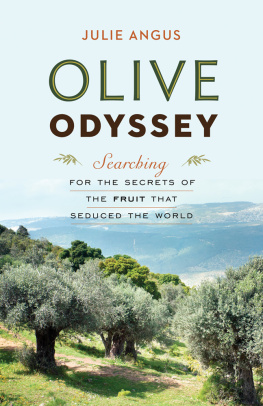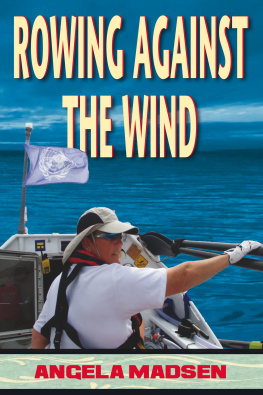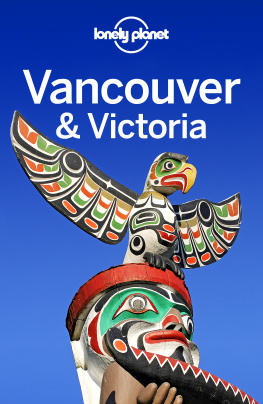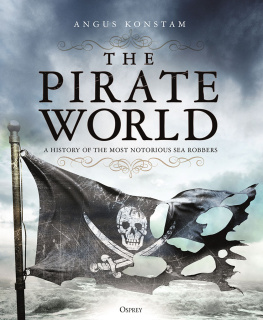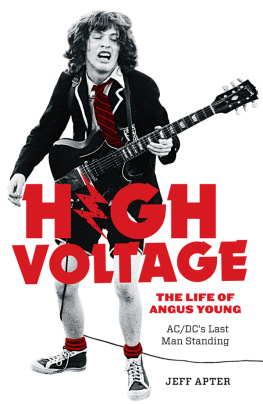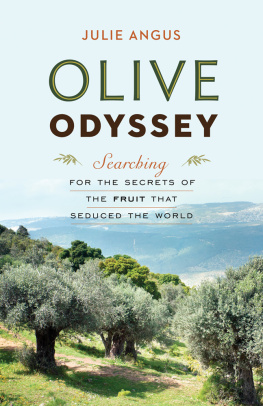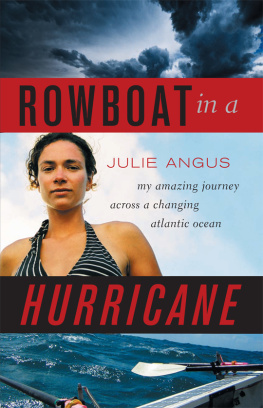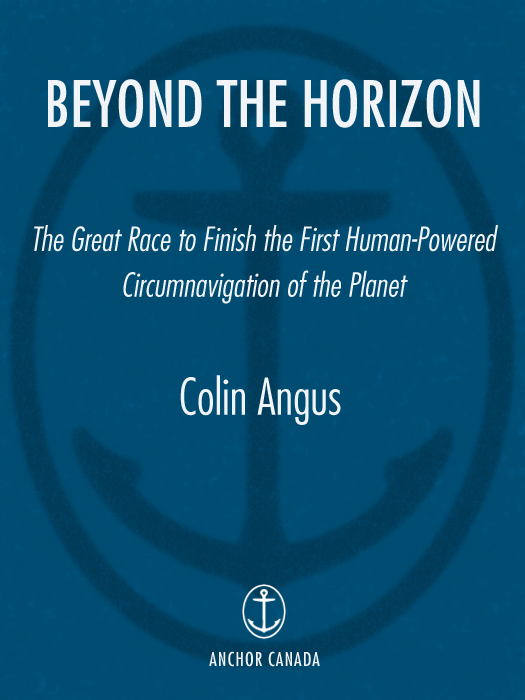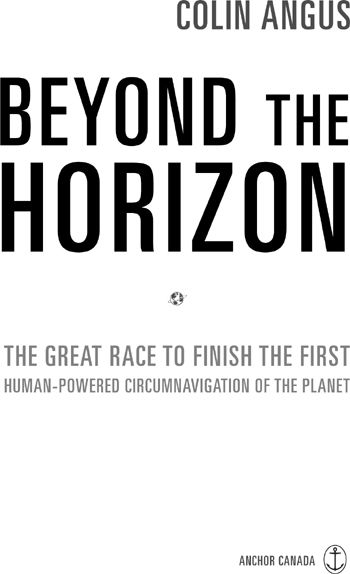PROLOGUE
O N SEPTEMBER 6, 1522, a lone and tattered sailing ship ghosted into Seville Harbour, Spain. On board the Victoria, 18 ragged crew members rejoiced at the end of their long voyage. Three years earlier, the expedition had departed from this same port as an armada of five ships and 270 men. During those three years, the crew had endured starvation, bloody combat, mutinies, shipwrecks, scurvy, and other disease. The captain of the expedition, Sir Francis Magellan, died in battle. The remaining crew struggled against all odds to make it home to Spain. In doing so, they completed one of the most notable maritime achievements ever: the first journey around planet Earth.
I first learned of Magellans remarkable voyage in grade seven. What must it be like, I wondered, to embark on a journey with so much uncertainty and danger? The men must have known when they left that they most likely would never see their families again. From my sheltered North American upbringing, such hardship seemed beyond comprehension. I could imagine, however, the magic of exploring new lands; discovering peoples, places, and natural wonders that we now take for granted; seeing strange creatures, such as elephants, or devouring tropical fruits for the first time after months on the unforgiving seas.
Its easy these days to dismiss the hardships that early explorers endured. Modern adventurers only have to save a few months wages from waiting tables to purchase a round-the-world airline ticket. With a few expedition suppliesa backpack, a swimsuit, a digital camera, a pack of condomsthey are ready to explore the world. Six months later, the modern explorer returns to beaming parents and regales them with tales of traipsing up Ayers Rock, trekking through tropical rainforests and bungee-jumping into deep gorges.
Travelling around the world has become an activity now marketed as a honeymoon excursion. Still, the goal of circumnavigating the globe has fascinated explorers for centuries. Many notable twentieth-century expeditions included attempts at circling the planet using different modes of transportation. Globe-girdling odysseys now account for firsts by airplane, balloon, helicopter, orbiting spacecraft, and even by Zeppelin.
The consensus is that the greatest explorations have all been accomplished. The tallest mountains have been climbed, the most distant poles reached, the deepest ocean trenches visited, and the longest rivers navigated. Expeditions making headlines these days tend to be subtle, sometimes comical, variations on what has already been done: First Muslim Woman Ascends Everest, First African-American to Row Atlantic, First to Trek to Both Poles in Back-to-Back Seasons.
With the arrival of the new millennium, modern expeditions seemed a matter of adding personal footnotes to more famous firsts. So, in 2001, it was with great surprise that I learned, after a quick Google search, that one of the most basic quests remained incomplete: nobody had ever circumnavigated the Earth solely by human power.
While riding my bicycle or going for my daily jog, I idly imagined what such a journey would be like. How would it feel to reach the spot from which you started after years of toilrowing across vast oceans and trekking and cycling over the continents? I never seriously thought of undertaking this journey. Such wild imaginings were in the same category as how to spend the proceeds of the winning lottery ticket or which restaurant to take Angelina Jolie to when she asked me out.
The concept of such a journey was simple: travel around the world using only your own steam. The planning and execution of such a feat, on the other hand, would be complex, expensive and precarious. The expedition would involve crossing at least two oceans in some type of paddle craft. Three continents would have to be traversed by foot, bicycle, or another mode of human-powered transportation. Funding such a multi-year expedition would be staggering. Even more daunting was the back-breaking work that would be required to pull off such a feat. Essentially, whoever did it would have to run a marathon or moreevery day, week after week, year after year.
No, although it was an extraordinary concept, such an expedition was beyond my limited means. Although I had completed a few smaller adventures in the past, I was in no way qualified to pull off a first of this magnitude. Someone would do it one day, I was sure. But it would be one of those special people we hear about so often in the mediaa visionary with unlimited finances and superhuman abilities.
1
TAKING THE PLUNGE
A YEAR AFTER MY GOOGLE DISCOVERY, in 2002, I was feeling philosophical. Like so many people, I was struck by the paradox that the human struggle for advancement was killing the planet that sustains us. The scientific community agreed that global temperatures were rising as a direct result of human intervention. If this pattern continued, within decades climatic conditions on our planet would change at an unprecedented rate. Coastal cities would flood from the rising oceans, lush agricultural land would turn into desert, and storms would increase in both strength and number. Millions would die from displacement and starvation.
Despite this apocalyptic forecast, the solution remains simple. Humans need to reduce their emissions of so-called greenhouse gases. The one hitch: such conservation may result in a short-term dip in the global economy. Quality of lifeas defined by economistsmight decline, especially for those who prefer driving their SUV to fetch a carton of milk rather than walk or ride a bicycle. The immediate benefits, however, would be less air pollution, a healthier population and a rise in innovative technologies and industries that cater to a less destructive society. Most important, a reduction of emissions would ensure atmospheric equilibrium and ultimately benefit all of our children, and their children, and their childrens children.


